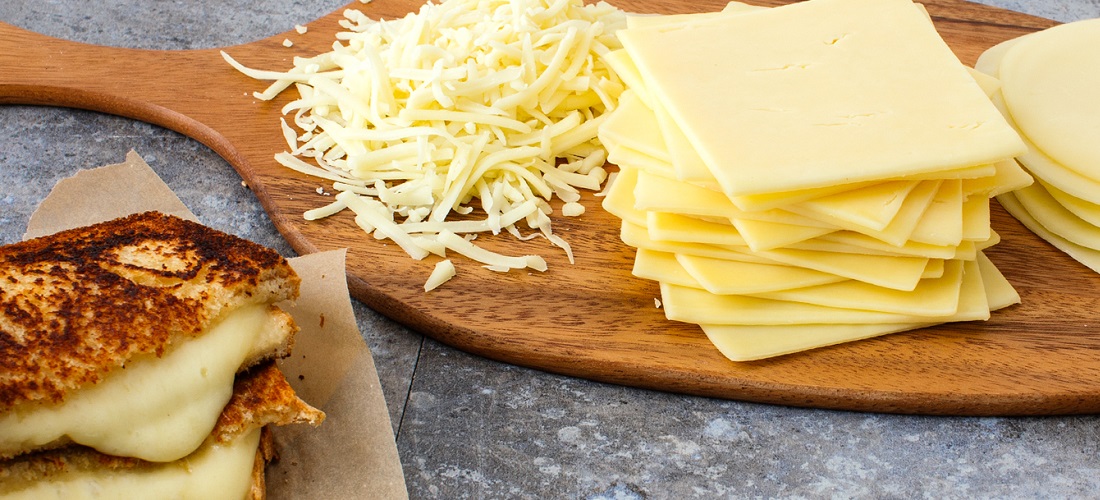
Dairy industry sees demand as key challenge for 2025
Jan, 08, 2025 Posted by Gabriel MalheirosWeek 202502
Brazil’s dairy industry enters 2025 with optimism fueled by reduced imports and favorable weather conditions, offering a stark contrast to previous years marked by surging raw material imports—primarily from Argentina and Uruguay—and severe droughts in key producing states. Despite these positive developments, the sector faces a challenging year ahead.
The rising cost of dairy products on the international market, coupled with the devaluation of the real against the dollar, is expected to curb Brazil’s record-breaking imports of 2024. This shift is welcome news for local dairy producers.
“For the domestic industry, this is very favorable because imported products had been entering Brazil in significant volumes,” said Valter Galan, a partner at MilkPoint. “The prices from Uruguay and Argentina have increased and are now closer to those in Brazil. Alongside a higher exchange rate, this will likely reduce imports.”
According to MilkPoint, the cost of imported dairy rose from $3,700 per tonne in August to $4,100 by year-end. Data from the Ministry of Agriculture shows that between January and November 2024, Brazil imported 252,500 tonnes of dairy products, slightly more than the 251,900 tonnes during the same period in 2023 but significantly higher than the 151,200 tonnes imported in 2022.
This sharp increase in imports prompted the industry to request an investigation into potential dumping practices by Argentina and Uruguay, a process the Brazilian government initiated in December.
While reduced imports ease competitive pressures for producers and reduce reliance on costly foreign products, they also limit domestic supply, potentially driving up consumer prices. However, the industry has already observed consumer resistance to higher prices for milk and its derivatives.
“We anticipate a tougher start to the year in terms of consumption compared to 2024,” Mr. Galan noted. Inflation for dairy products, as measured by the Extended Consumer Price Index (IPCA), reached 10.24% in the 12 months to November. Prices for UHT milk rose 20.38% in the same period, while overall inflation stood at 4.87%.
On the production side, favorable weather forecasts bode well for Brazil’s dairy farmers, though increased production is likely to pressure margins. In 2024, farmers experienced some relief, with milk prices rising 38% to an average of R$2.8065 per liter, according to the Center of Advanced Studies on Applied Economics (Cepea) of the Luiz de Queiroz College of Agriculture (Esalq/USP), as production costs remained stable.
“Last year was a recovery period for dairy farmers, with prices rising almost every month while production costs stayed flat,” said Juliana Pilla, an analyst at Scot Consultoria. She predicts growing production in 2025 will push down prices paid to farmers, eroding the gains achieved in the previous year.
CEPEA data illustrates this trend. In October, producers needed 24.51 liters of raw milk to purchase a 60-kilogram sack of corn, an increase of 12.21% from September but significantly below the 30.8 liters required in January. “Comparing prices paid to producers with cost indices, margins improved by 13% in 2024,” Ms. Pilla added.
According to Darlan Palharini, executive secretary of the Rio Grande do Sul Dairy Industry Union (Sindilat-RS), prices have likely peaked, given the difficulty of passing on costs to consumers.
“Brazilian producers are earning nearly as much as their European counterparts, so there’s limited room for further price increases at the producer level. The focus now must be on improving efficiency,” Mr. Palharini said.
Looking ahead, Mr, Palharini anticipates a “stable and balanced” year in 2025, provided there are no economic shocks or extreme weather events. “It will be a year for the sector to strengthen its financial position, boost demand, and enhance productivity,” he added.
By Cleyton Vilarino
Source: Valor International
-
Ports and Terminals
Aug, 21, 2023
0
Cargo surge: Santos Port gears up for incoming grain season
-
Meat
May, 05, 2020
0
Brazilian pork exports rise 43.4% in first quarter of 2020
-
Economy
Jun, 28, 2024
0
Brazil receives sanitary certification to export bird feathers to Hong Kong
-
Economy
Sep, 29, 2022
0
U.S. goods trade deficit shrinks on weak exports

